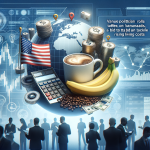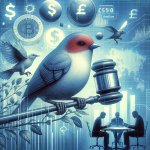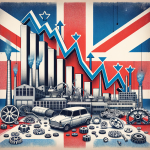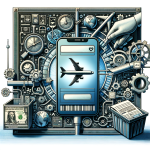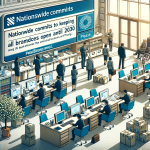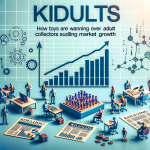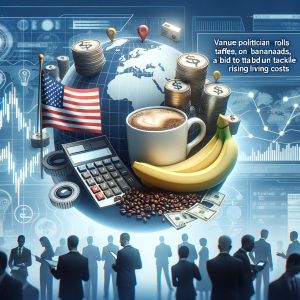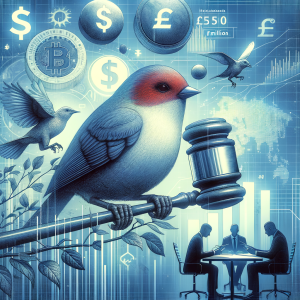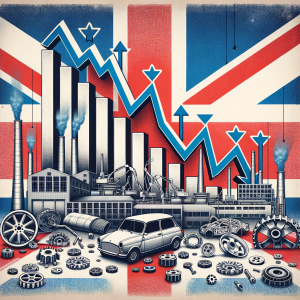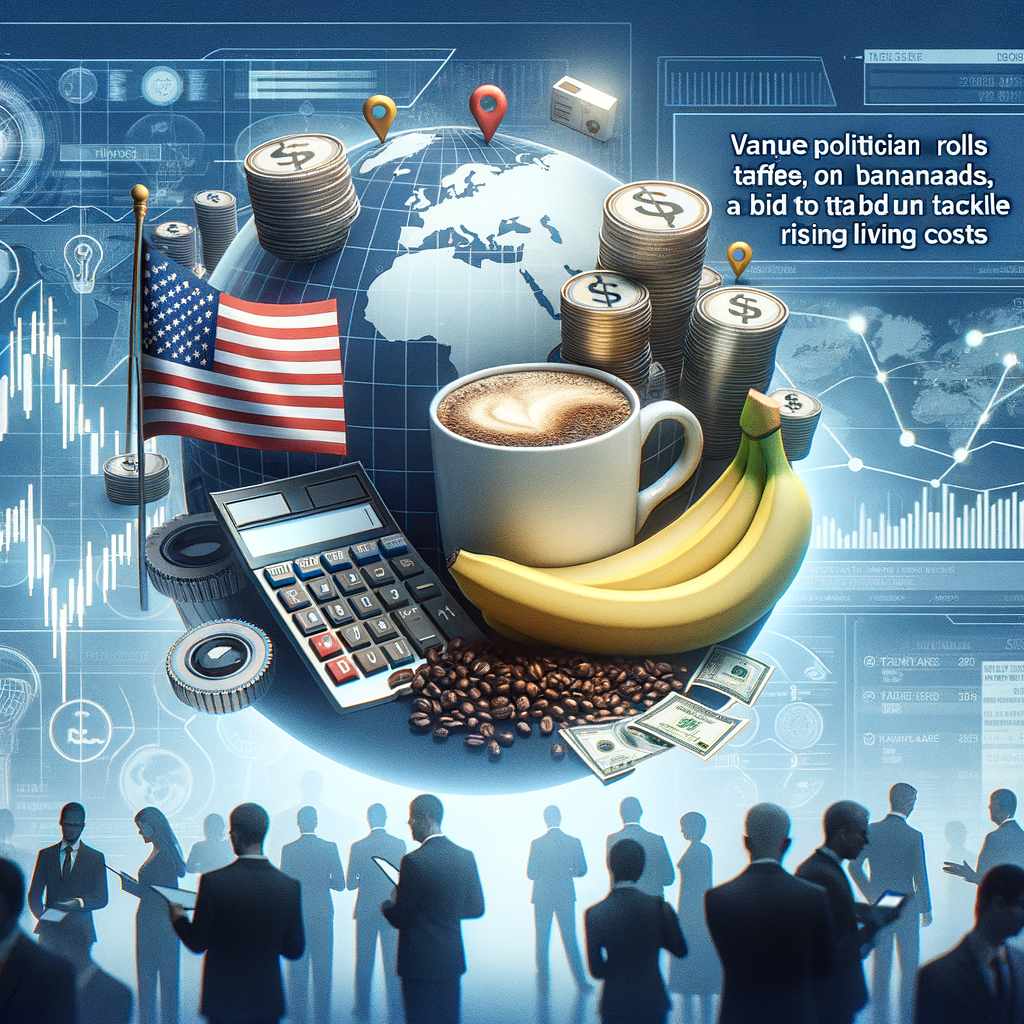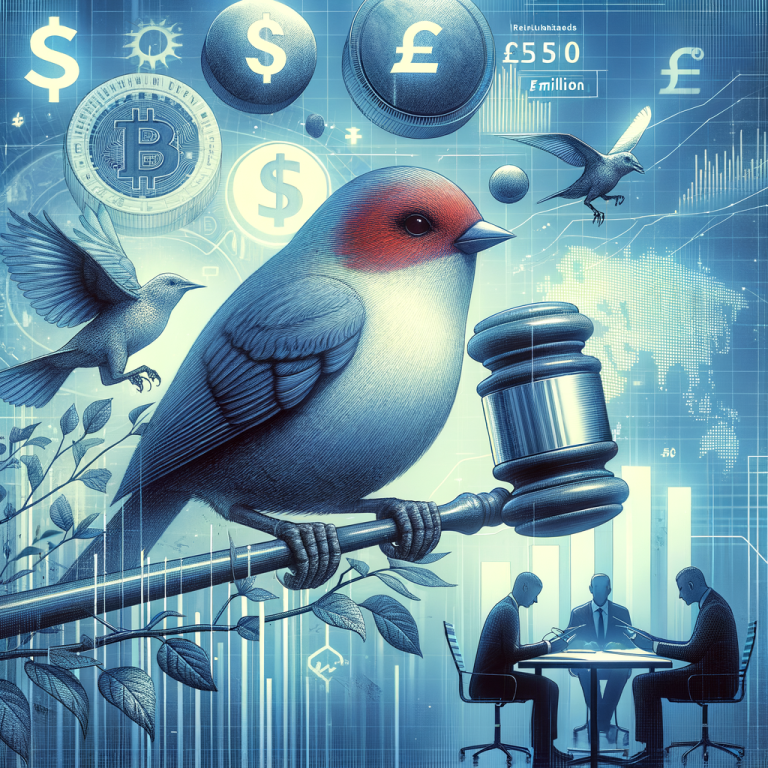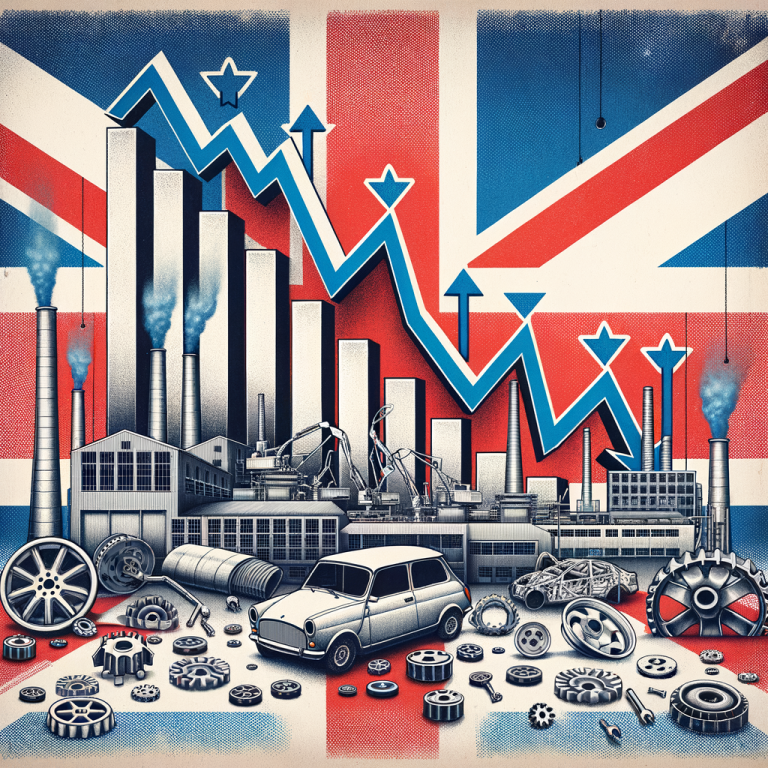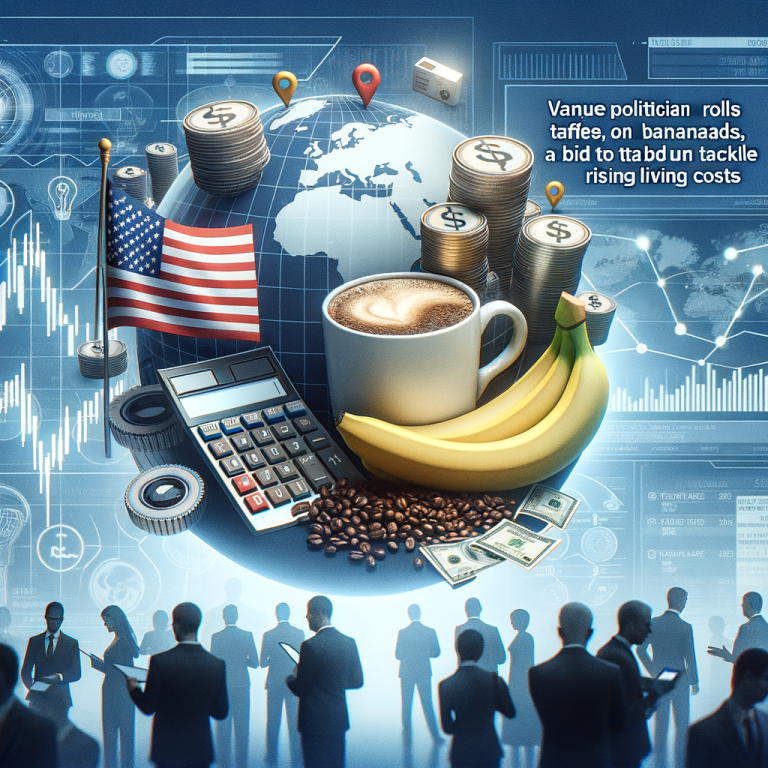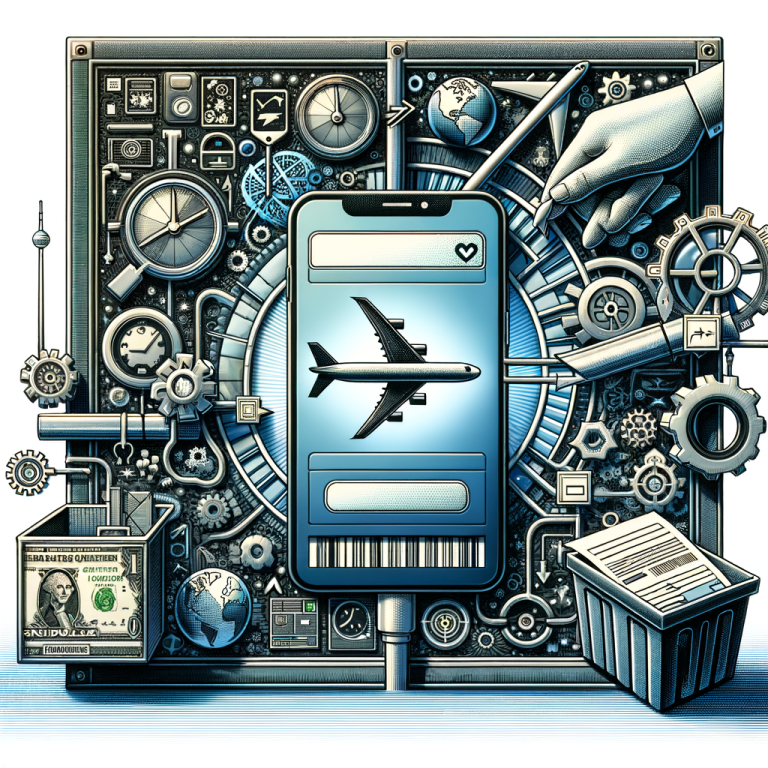(qlmbusinessnews.com . Sat 15th Nov, 2025) London, UK —
US Fights Inflation: A Comprehensive List of Food Items Exempt from Trump's Tariffs
In a strategic pivot, US President Donald Trump has enacted an executive order to exempt a variety of food items, ranging from coffee and bananas to beef, from his extensive tariff regime. This decision is seen as a response to escalating concerns over rising living costs in the United States. Trump's approach to tariffs has been a topic of hot debate, especially in the wake of the Republican Party's disappointing performance in the recent elections, a possible catalyst for this policy shift.
Among the myriad products now spared from tariffs, are avocados, coconuts, and mangoes, along with a host of other goods from tomatoes to spices like saffron and turmeric. The rationale provided by the Trump administration is that these products are not available domestically in sufficient quantities, necessitating their import.

Historically, Trump has been a vociferous advocate of tariffs, seen as a mechanism to rectify the US trade deficit, and as a means to bolster domestic industry against what he terms the exploitative practices of ‘cheaters' abroad. However, the narrative around tariffs being inflation-neutral has been increasingly contested, with Trump himself conceding to growing concerns around affordability, particularly in the context of rising beef prices, which has burgeoned into a politically sensitive issue.
Curiously, Trump's recent moves, including the call for investigations into the meat-packing industry over alleged collusion and malpractice, juxtaposed with incentives like $2,000 tariff rebate cheques, demonstrate a complex strategy to navigate the tariff discourse amid legal and public scrutiny.
The easing of tariffs on specific food staples marks a notable policy reversal, aiming to mitigate price pressures. Trump, addressing reporters, underscored that the exemptions pertain to items not produced within the US, thus not undermining domestic production. He optimistically remarked on the anticipated reduction in coffee prices following the rollback, reflective of a broader intent to temper inflationary pressures without necessitating further policy reversals.
Despite this strategic recalibration, economists remain wary, cautioning that tariffs historically translate to higher consumer prices, a sentiment echoed by the Department of Labor's inflation report indicating a 2.7% increase in grocery prices from the previous year.
Effective retroactively from midnight on Thursday, 13 November, the exemptions signal a significant, albeit selective, easing of tariff pressures. Additionally, in a move synchronised with the exemptions, the Trump administration announced reduced import taxes on coffee and bananas following trade agreements with four Latin American countries, promising a 20% decrease in US coffee prices this year, as affirmed by Trump and Treasury Secretary Scott Bessent.
Accompanying this policy shift is a comprehensive list of over 100 products now relieved from tariffs, encompassing not just staple food items like coffee, cocoa, and various meats, but also an eclectic mix of fruits, spices, and nuts, signalling a broad-based approach to addressing price sensitives and inflation concerns amongst US consumers.
This News Story is brought to you by QLM Business News, your Digital Media Channel.
Visit QLM businessnews.com for more business news stories. Also follow us on Facebook, X, and Youtube.
To help QLM Business News bring you more news stories like this, please like, share, and subscribe.
Unlock unparalleled business growth and effortlessly attract a stream of new customers through QLM Business News Sponsored Advertising. Elevate your brand's presence and captivate your target audience with precision. Visit QLMbusinessnews.com and click on “Advertise” to harness the power of strategic advertising. Don't miss this unparalleled opportunity to propel your business to new heights of success!
Disclaimer: All images presented herein are intended solely for illustrative purposes and may not accurately depict the true likeness of the subjects, objects, or individuals referenced in the accompanying news stories.
